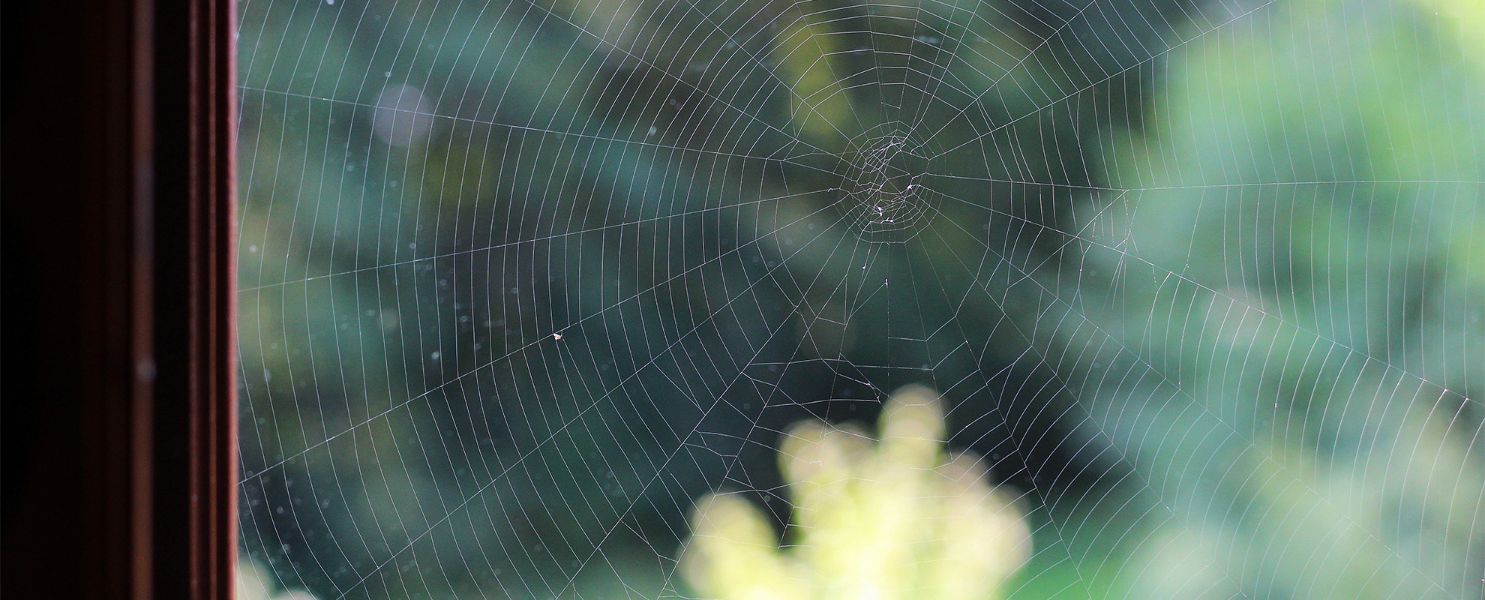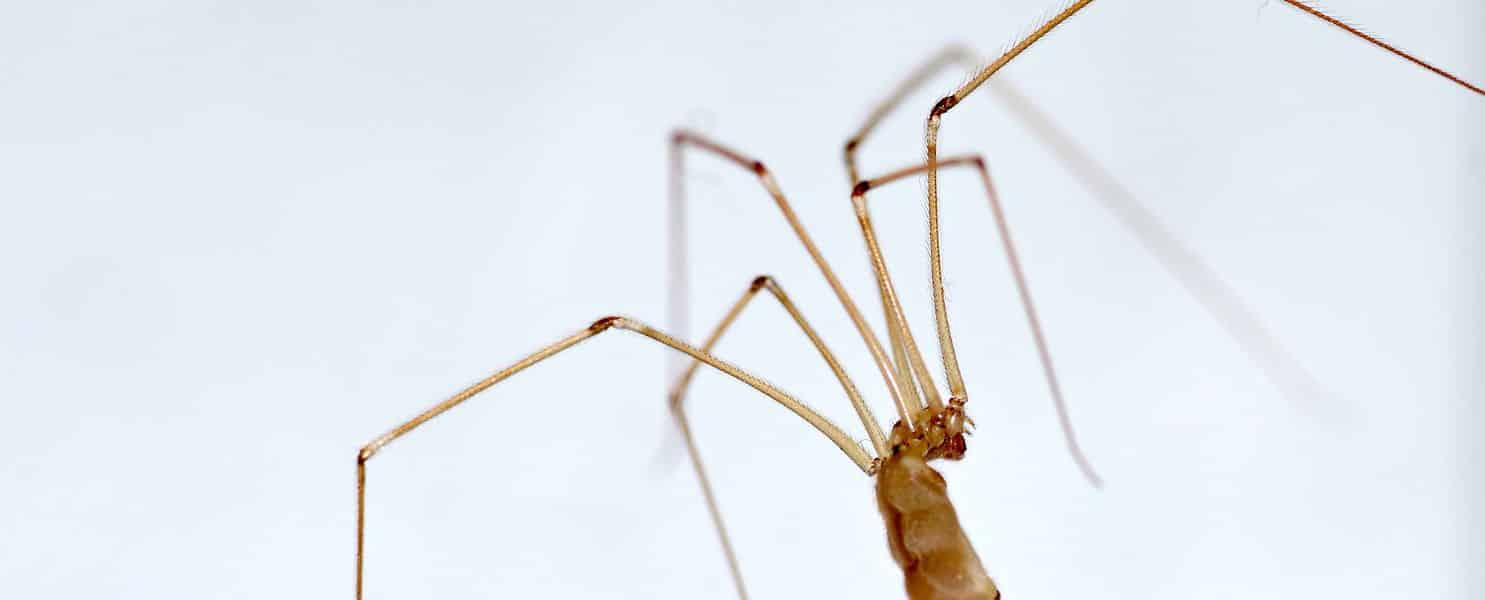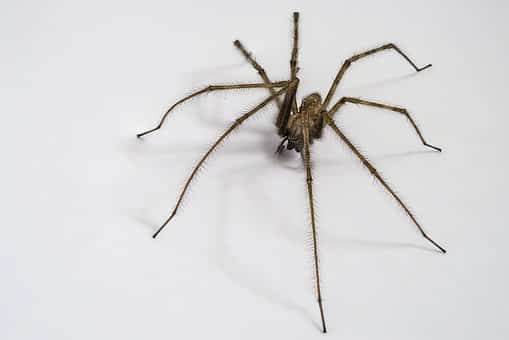Like rodents and many other insects, spiders are species that swarm in homes. They weave unpleasant webs that tarnish the decor of the house. By the way, some people have a blue fear of these animals.
It should be noted, however, that if they are not welcome in homes, these insects help to maintain a certain balance of the ecosystem. Discover tips to deal with a spider invasion in your home!
Domestic spiders: what attracts them to your home?

Domestic spiders take refuge in homes for a multitude of reasons. Weather conditions are one of the main causes. When it’s cold or hot, spiders look for comfortable shelter to take refuge. Homes are usually those sought after safe shelters.
The search for food and water also leads spiders to lodge in homes. Like other parasites, these critters exploit food and water sources for food.
Uncleanliness and the presence of dark, damaged and isolated areas are other factors that attract spiders. These insects like to settle in empty and unnoticed spaces with poor hygiene.
The main species of domestic spiders
Spiders are among the most diverse animals in the ecosystem. There are more than 42,000 species that stand out in particular for their shapes and sizes. Six types of spiders are common in homes.
The domestic tegenarian
This species of spider is the most common in homes. It has long legs and a light brown color. She builds canvases with funnel shapes. The domestic tegenarian is very discreet. Harmless, she only goes out at night to look for food.
The seasoned Baltic
Also called the harlequin or the jumping spider, this species is also brown in color. She doesn’t build a spider’s nest, but she loves to walk from surface to surface. The seasoned Baltic is very remarkable in the houses and she loves the sun.
Steatoda bipunctata
Steatoda bipunctata is the smallest of all domestic spiders. It has very short legs and two distinctive dots on its abdomen. This species is harmless to humans, but a formidable predator for its prey.
The other three species found in houses are: the black tegenary, the steatoda grossa and the phalangid pholque. The presence of spiders in a house has disadvantages and some advantages that are important to note.
The advantages and disadvantages of the presence of spiders in the house

Domestic spiders feed mainly on their prey. These include insects taken by their webs. They are large predators that rid the house of other critters like mosquitoes, cockroaches and flies.
Domestic silk and spider venoms have powerful therapeutic virtues. Regardless of these advantages, the presence of spiders in a house has disadvantages.
The webs made by spiders make the interior of houses uncomfortable. They clutter ceilings and walls by tarnishing the interior decoration. Their presence can also cause an infestation due to the hundreds of eggs that female spiders can produce.
Although most spiders are harmless, these critters often have a menacing appearance. They harbor a real phobia in many people. The sudden sight of a spider can lead to paralyzing reactions and seizures.
Some good tips to keep spiders away
There are good tips for dealing with a spider invasion. They make it possible to effectively drive these insects out of the house.
Contact a professional for disinsection
Using the service of a professional is one of the best tricks to effectively get rid of spiders. Delta Extermination is one of the best in the field. Located in Canada, this company offers a residential service.
It deals with insect extermination, pest management, but also parasite prevention. For all decontamination needs quebec and extermination montreal Delta Extermination is the best suited provider. Apart from spiders, it is an excellent montreal wasp exterminator.
Use natural methods and products
To scare away spiders, you must start by removing the cobwebs. This gesture is sometimes enough to make them leave. To avoid rebuilding new nests, you can use chestnuts, vinegar, lavender or alum stone.
The mode of use of these products is the same. It is enough to prepare a solution and sprinkle it on the corners of the house. You can also use tobacco leaves or adopt a cat. It is a predator for spiders.








Recent Comments